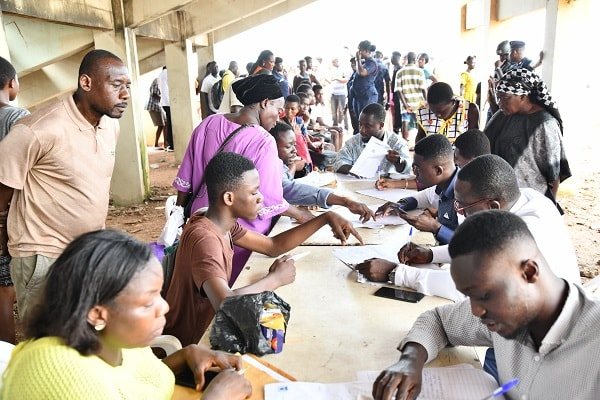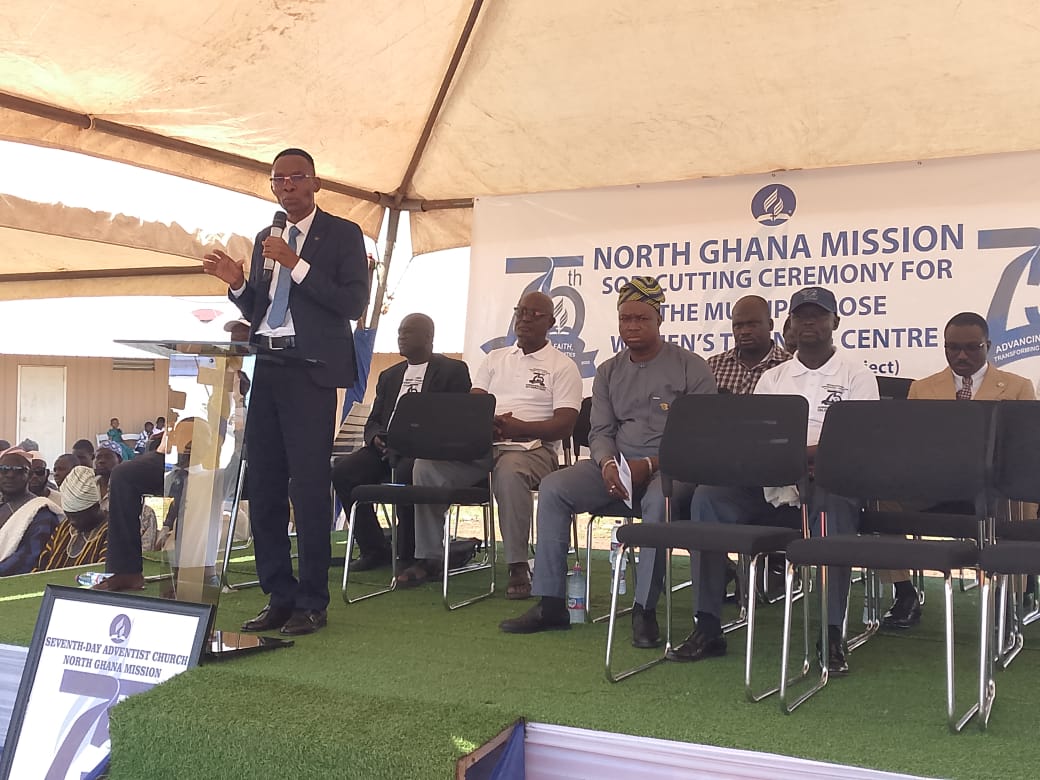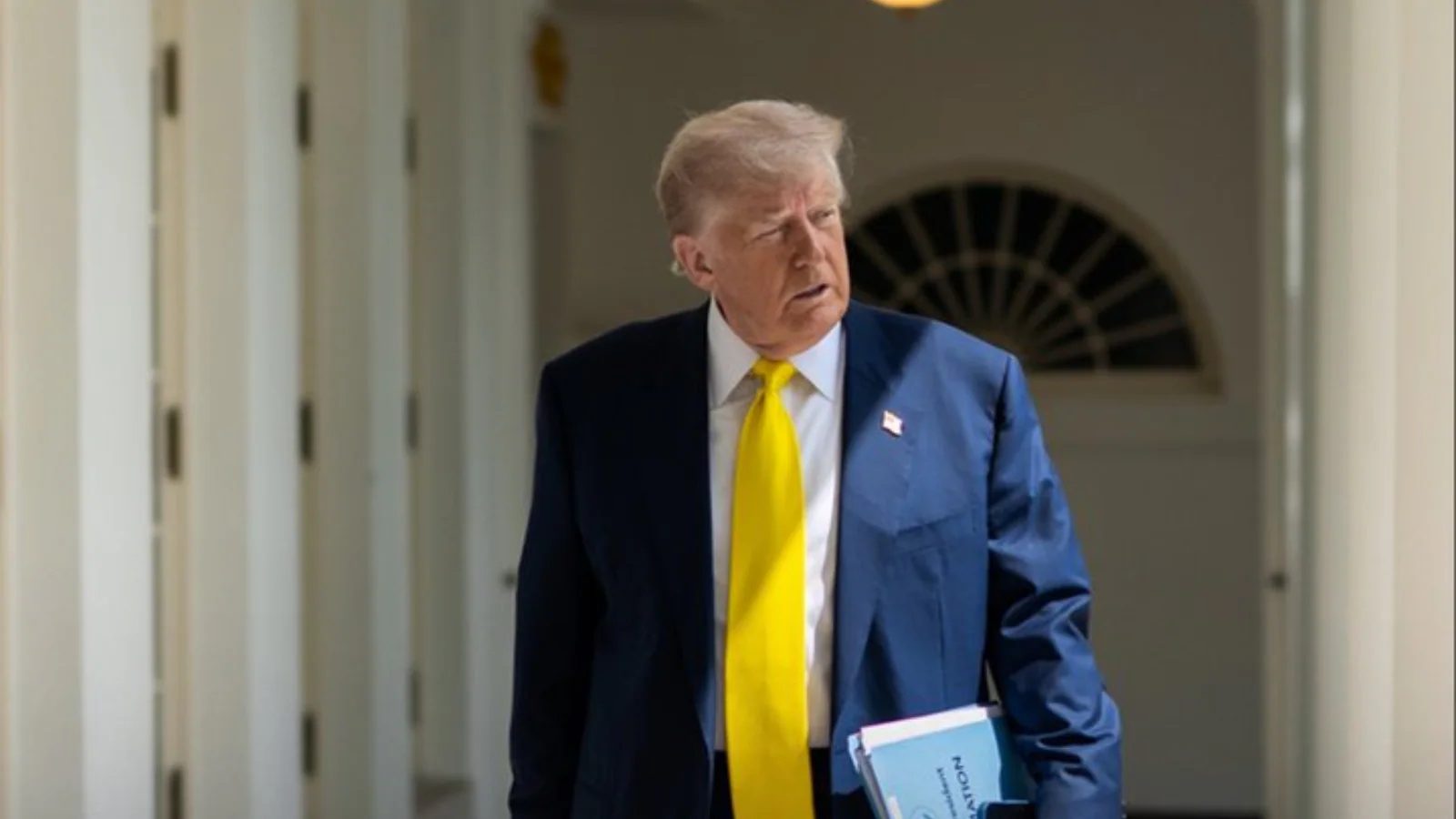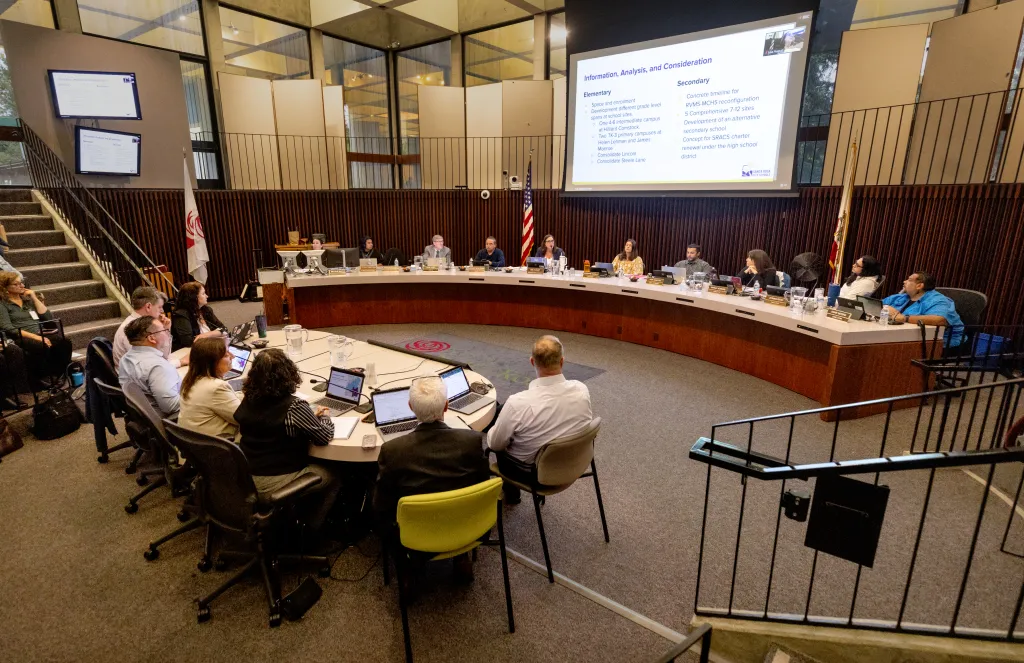Copyright ghanamma
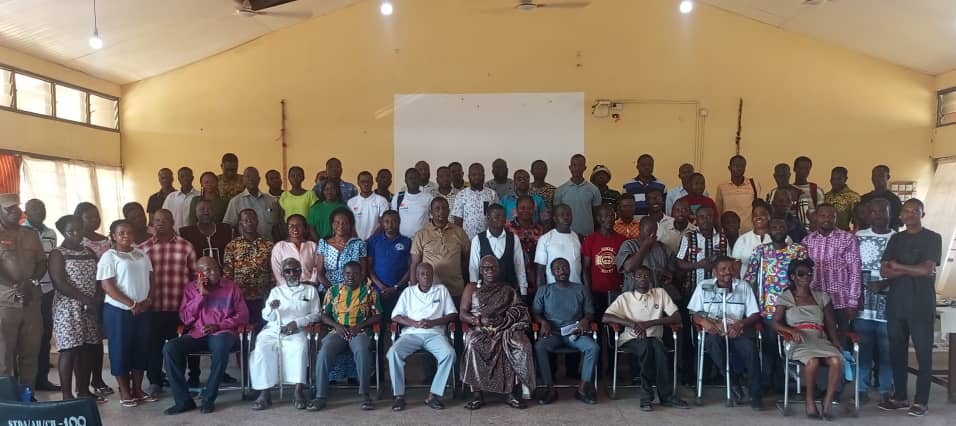
By Kekeli K. Blamey Sogakope (VR), Oct. 22, GNA – The South Tongu District Assembly has held a public hearing on its Draft Medium-Term Development Plan (MTDP) for 2026–2029 at the District Assembly Hall at Sogakope. The event formed part of the statutory requirements under the Local Governance Act, 2016 (Act 936), Section 86, which mandates district assemblies to engage stakeholders in reviewing draft development plans before adoption by the General Assembly. Mr Mohammed Abu Shiraz, the District Planning Officer, said the hearing followed the completion of the draft plan which outlined key developmental priorities for the next four years. “As we are all aware, we are ending the 2022–2025 medium-term plan, and by law, we must prepare a new one covering 2026 to 2029. After finalizing the draft, the Act requires us to hold a public hearing to enable stakeholders to review, critique, and help fine-tune the plan before its adoption and submission for certification,” he stated. Mr Shiraz explained that the draft plan covers four major thematic areas — economic development, social services, infrastructure and human settlement, and governance and accountability. He said the economic component focused on agriculture, private sector growth, and tourism development, while the social sector includes education, health, water and sanitation, gender issues, and support for persons with disabilities. Mr Henry Adjei, the District Statistician, explained that the public hearing provides a platform for all stakeholders to scrutinise the draft plan and ensure it aligns with the district’s development priorities. He said that the exercise was built on the performance of the 2022–2025 plan and included the current demographic and socio-economic data of the district. “Our current projected population for 2025 is 118,825, with females forming over 50 per cent. The statistics help us determine the district’s needs in education, health, and other key sectors,” he said. Mr Adjei noted that while the West African Senior Secondary Certificate Examination (WASSCE) performance in the district had improved, Basic Education Certificate Examination (BECE) results continued to decline due to limited parental supervision at the basic level. He said the new plan sought to address such challenges through targeted interventions in education, health, and sanitation. He reiterated that after the stakeholders’ review, the plan would be presented to the General Assembly for approval, paving the way for implementation. “When we implement the strategies in the plan, such as improving teaching and learning facilities, strengthening health services, and enhancing sanitation infrastructure, we expect to see measurable improvements in development outcomes across the district,” he said. Participants at the forum unanimously lauded the Assembly for the public engagement, describing it as a commendable platform that promotes transparency and inclusiveness in local governance. They expressed optimism that the concerns, ideas, and recommendations raised during the hearing would be duly incorporated into the final plan and translated into concrete actions for the accelerated development of the South Tongu District. Key stakeholders present included assembly members, representatives from the traditional council, civil society organisations, donor agencies, the media, youth and women groups, security agencies, farmer-based organisations, and unit committee members. Edited by Maxwell Awumah / Christabel Addo
